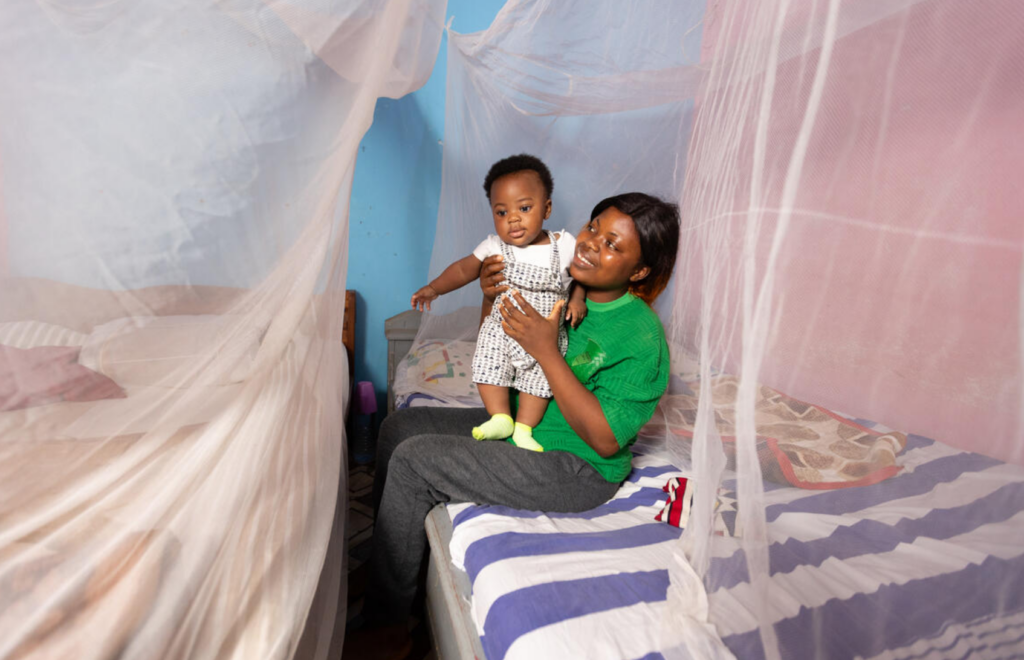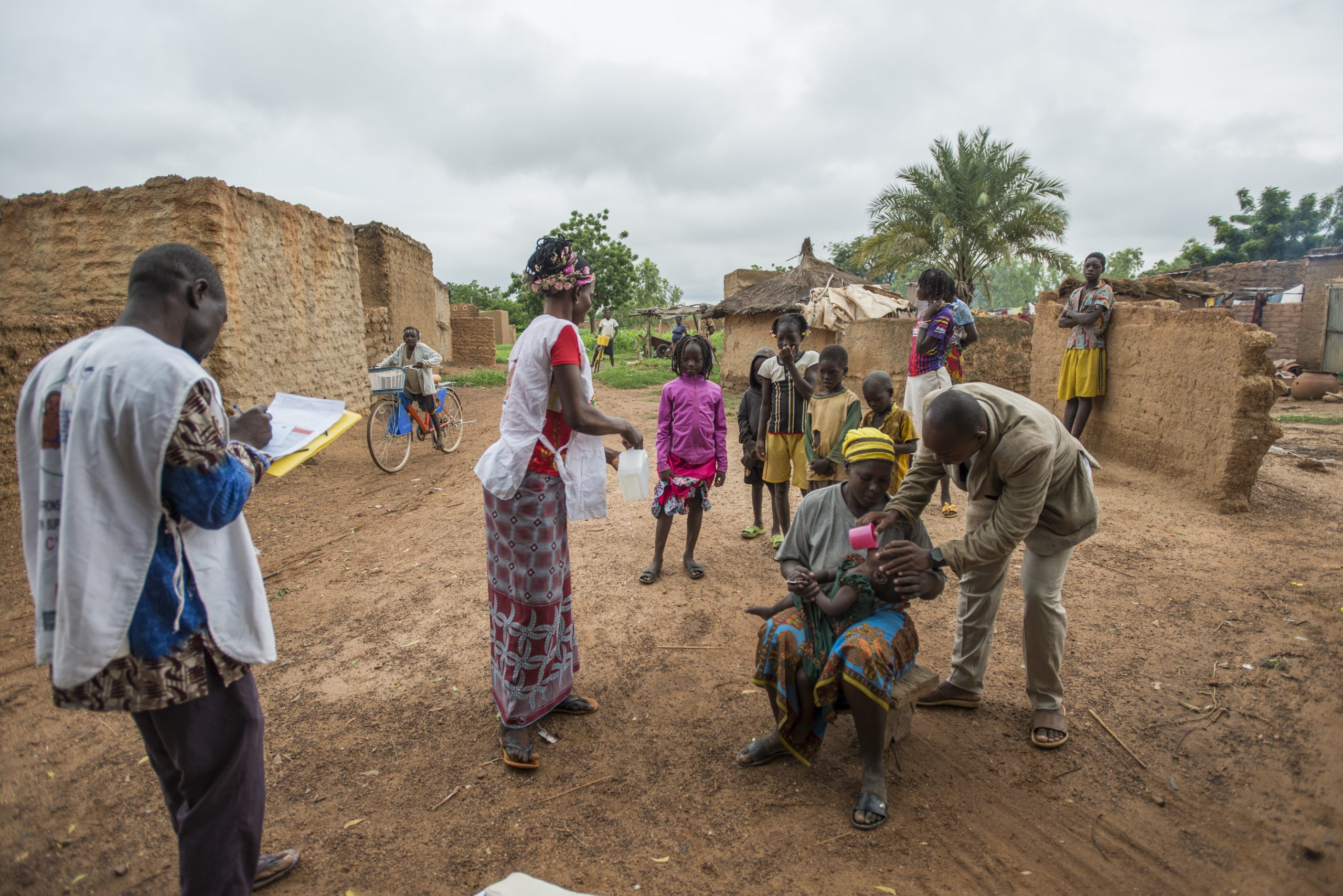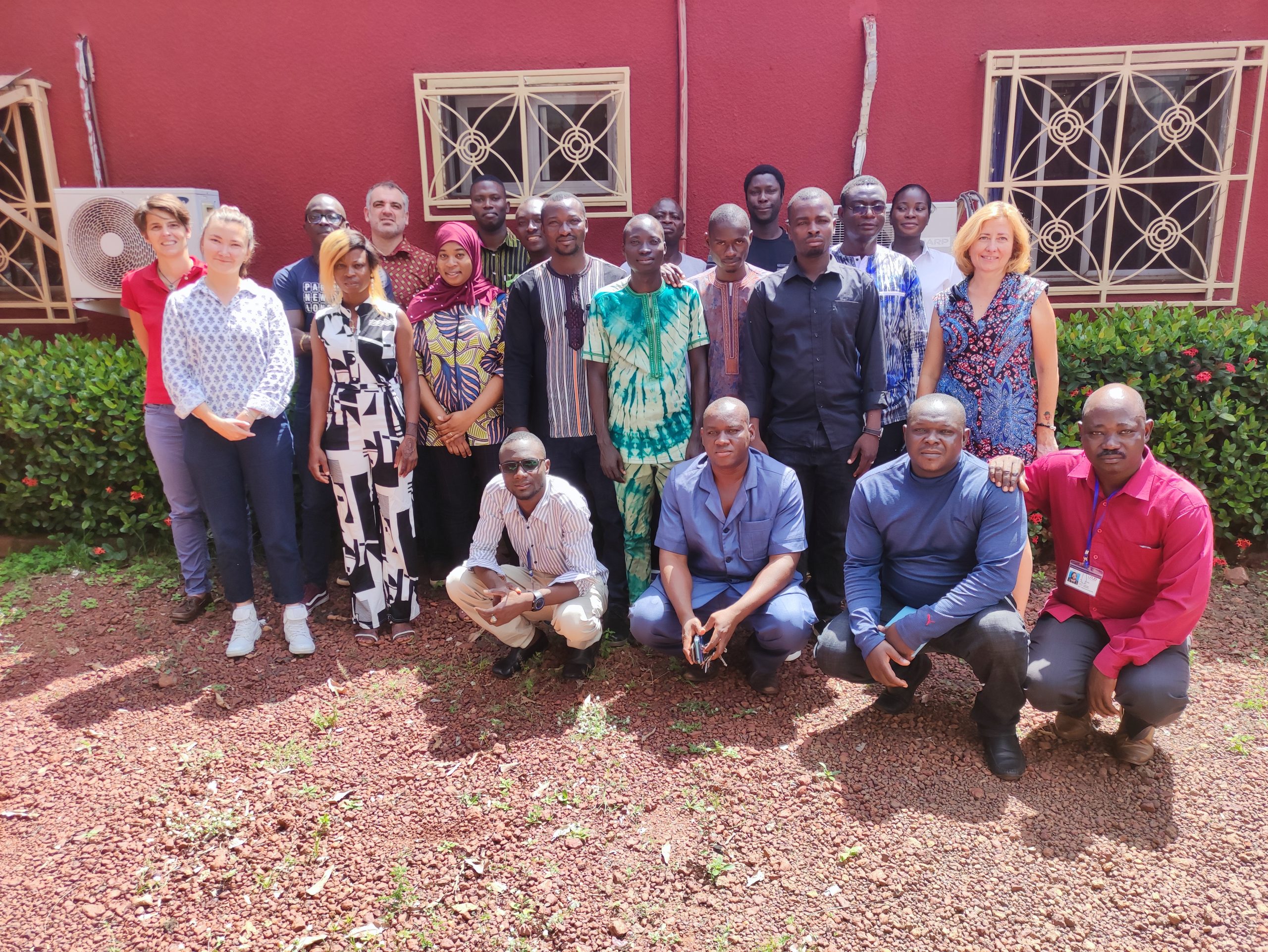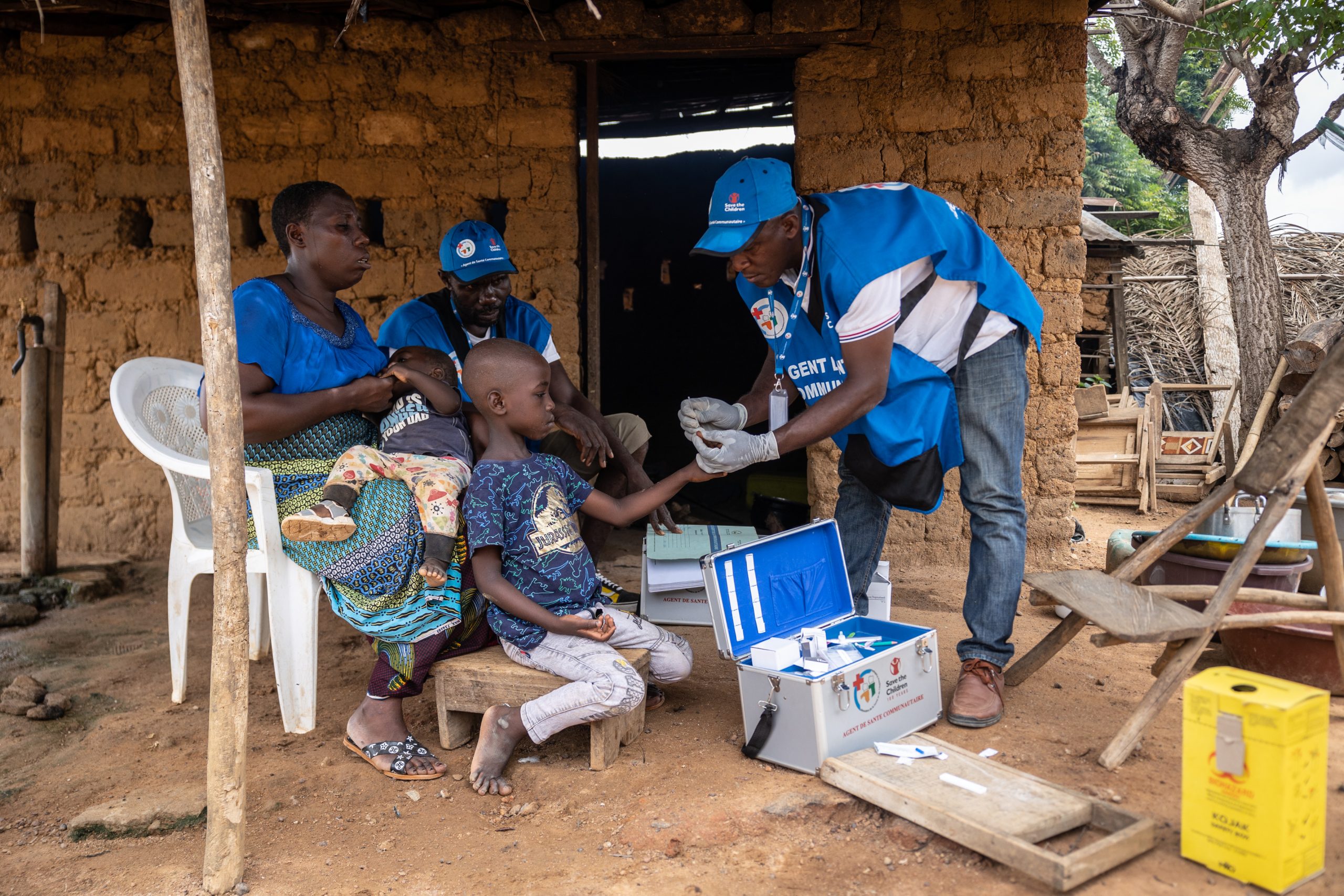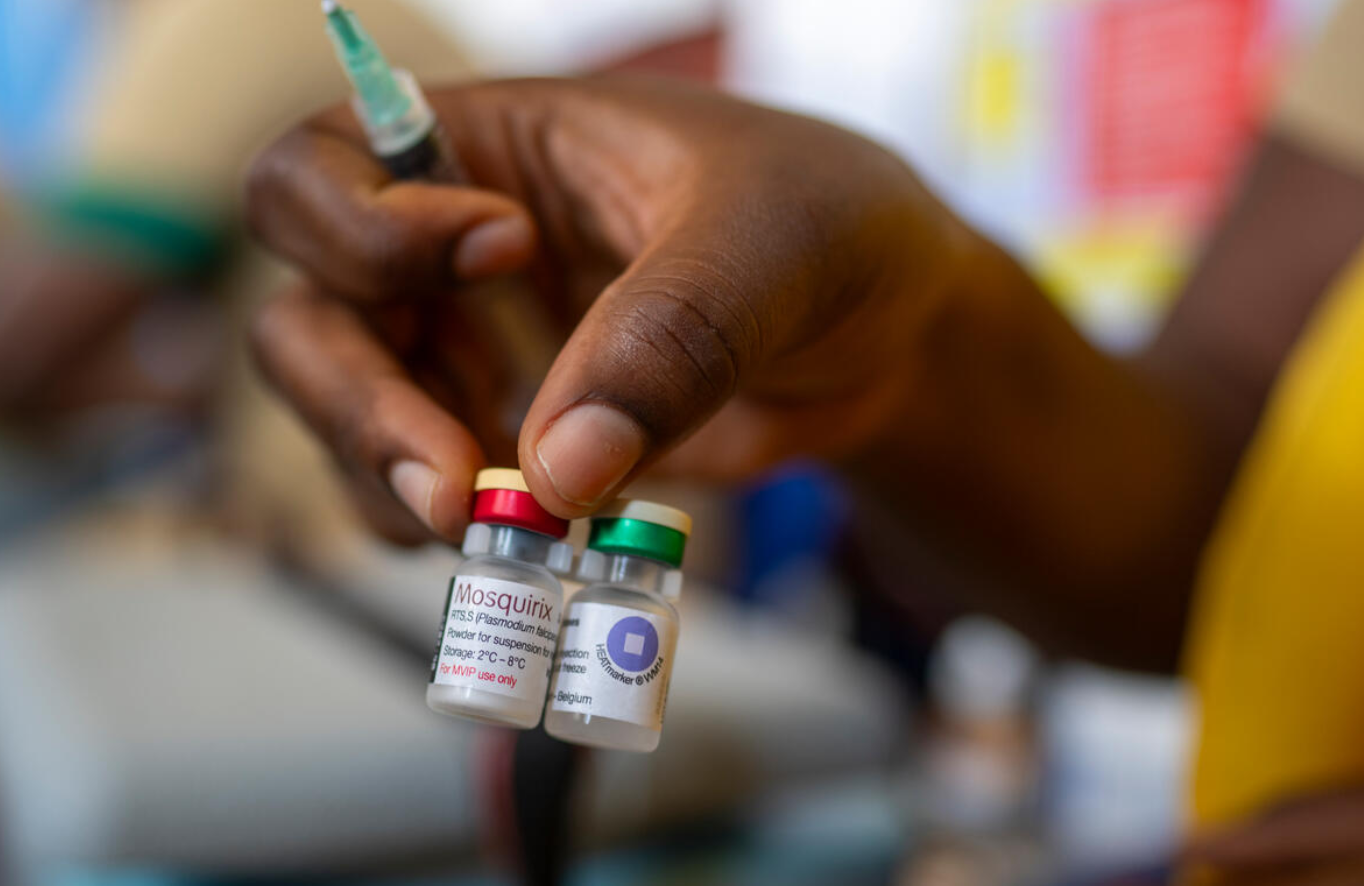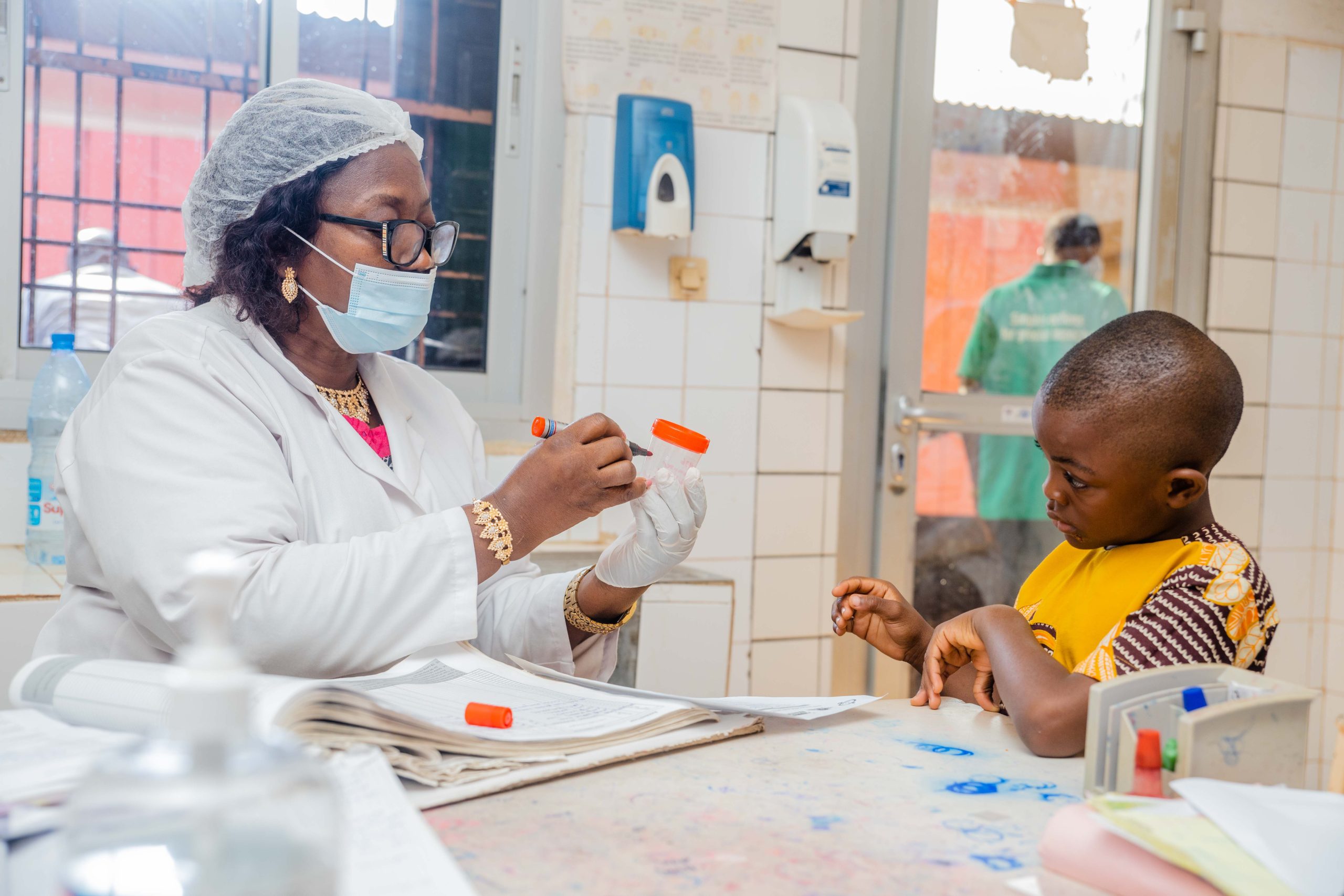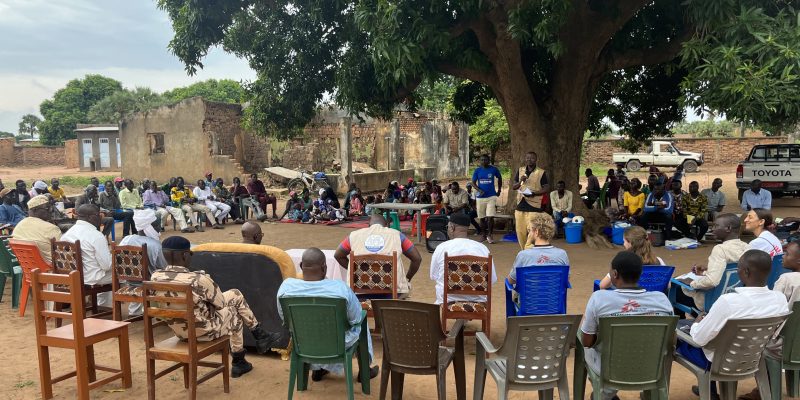In response to the resurgence of malaria and growing resistance to insecticides, a pilot study is underway to test the effectiveness of TrapNet in Benin and Ivory Coast, an innovative insecticide-free mosquito-trapping device, designed to boost the performance of mosquito nets and strengthen vector control efforts.
Context
Malaria cases and related deaths have been rising in sub-Saharan Africa, increasing from 212 million cases and 429,000 deaths in 2015 to 241 million cases and 619,000 deaths in 2021. It’s estimated that by 2022, there were 249 million malaria cases globally, 16 million more than the 233 million recorded before the pandemic in 2019. This surge is partly due to mosquitoes developing resistance to the insecticides used in mosquito nets, which are a key tool in the fight against malaria. To address this challenge, researchers are exploring new ways to improve the effectiveness of mosquito nets. One such innovation is TrapNet, an insecticide-free mosquito-trapping device that can be attached to any type of net to enhance its performance.
Description
The project aims to evaluate TrapNet’s potential as a powerful tool in the battle against malaria. The goal is to enable nets equipped with TrapNet to match or surpass the effectiveness of current insecticide- treated nets, manage insecticide resistance, and increase overall net usage among the population.
A randomized controlled pilot trial is being conducted in northern Côte d’Ivoire, a region where mosquitoes show high resistance to insecticides. Residents in participating villages will receive different types of mosquito nets, some with TrapNets and some without. The effectiveness will be measured using epidemiological, entomological, and socio-anthropological indicators, as well as by age and gender groups. The study will also use mathematical modeling to assess TrapNet’s potential to manage insecticide resistance. Furthermore, the knowledge gained from this project, disseminated through a structured communication plan, will help strengthen the expertise and capacity of those involved in malaria research and control, both in Côte d’Ivoire and beyond.
Impact
The results of this operational research will provide malaria control programs with the evidence needed to embark on larger-scale intervention studies. This will make it possible to test TrapNet in communities across various epidemiological settings, including urban areas, and propose its inclusion in the recommended malaria prevention toolkit.
